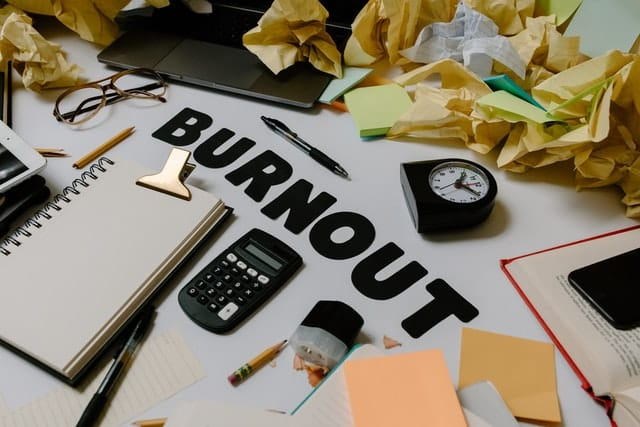Living in New York City can be exciting, fast-paced, and full of opportunity. But for many, it also comes with intense pressure, long work hours, constant noise, and high living costs—all of which can lead to stress and burnout. Whether you’re a young professional, a parent juggling multiple responsibilities, or an older adult navigating the demands of city life, managing mental health is essential for overall well-being.
This article explores the realities of stress and burnout in NYC, offers evidence-based strategies for managing them, and shares helpful resources for those who need support.
Why Is Stress So Common in New York City?
New York City is known for being one of the most stressful places to live in the United States. Several factors contribute to this:
- High cost of living – Housing, transportation, and everyday expenses are higher than national averages.
- Work culture – The city fosters a “hustle” mentality where overwork is often glorified.
- Noise and crowding – Subways, traffic, and densely packed neighborhoods can overwhelm the senses.
- Isolation – Ironically, even though you’re surrounded by people, urban living can feel lonely.
According to the American Psychological Association (APA), urban environments like New York City are associated with increased stress levels, anxiety, and mood disorders compared to rural areas (Gruebner et al. 2017). The constant stimulation can make it hard to relax and recharge.
What Is Burnout, and How Does It Affect City Dwellers?
Burnout is more than just feeling tired. It’s a recognized condition that affects your energy, motivation, and mental health. The World Health Organization (WHO) defines burnout as a syndrome resulting from “chronic workplace stress that has not been successfully managed” (WHO).
Symptoms of burnout include:
- Emotional exhaustion
- Detachment or cynicism
- Reduced performance at work
- Trouble concentrating or sleeping
- Physical symptoms like headaches or stomach issues
In NYC, where people often work long hours and feel pressure to succeed, burnout can sneak up quickly. According to a Gallup poll, 76% of employees experience burnout on the job at least sometimes, and urban environments amplify the risk (Wigert and Agrawal).
How Can You Recognize the Early Signs of Stress and Burnout?
Catching the signs early can help prevent serious health problems down the road. Here are common red flags:
Emotional Signs
- Feeling irritable, overwhelmed, or hopeless
- Loss of interest in things you used to enjoy
- Mood swings or increased anxiety
Physical Symptoms
- Fatigue even after rest
- Muscle tension or frequent headaches
- Digestive issues or appetite changes
Behavioral Changes
- Withdrawing from social activities
- Poor job performance or procrastination
- Increased use of alcohol or drugs
These symptoms can overlap with conditions like anxiety or depression. If they persist for more than a few weeks, it’s a good idea to seek professional support.
What Are Effective Ways to Manage Stress in a Busy City?
Managing stress doesn’t mean escaping the city—it means learning how to live within it more mindfully and sustainably. Here are some techniques that have proven benefits:
1. Prioritize Sleep
Getting quality rest can dramatically lower your stress levels. According to the CDC, adults need at least 7 hours of sleep per night for optimal health (Centers for Disease Control and Prevention).
Tips:
- Avoid screens an hour before bed
- Use blackout curtains to block city lights
- Stick to a consistent sleep schedule—even on weekends
2. Practice Mindfulness and Meditation
Mindfulness helps reduce stress by keeping you present. A study published in JAMA Internal Medicine found that mindfulness meditation can improve anxiety, depression, and pain (Goyal et al.).
You can try:
- Mindful walking in Central Park or along the Hudson
- Using free meditation apps like Insight Timer or Headspace
- Attending community yoga or meditation classes
3. Exercise Regularly
Physical activity helps reduce cortisol levels (the stress hormone) and boosts mood. Fortunately, NYC offers plenty of ways to get moving:
- Walk or bike to work
- Take free fitness classes in local parks
- Join a gym or community recreation center
Even 30 minutes a day can make a difference.
4. Set Work-Life Boundaries
In a city where work never sleeps, it’s crucial to protect your personal time.
Try these strategies:
- Turn off email notifications after work hours
- Take real lunch breaks away from your desk
- Use your vacation days fully—don’t leave them unused
What Role Does Social Support Play in Mental Health?
Strong social connections can buffer stress and reduce the risk of burnout. A report from Harvard Health emphasizes that meaningful relationships help people live longer and healthier lives (“The Health Benefits of Strong Relationships”).
In a big city, building community takes effort. Here’s how to start:
- Join clubs or interest groups (e.g., book clubs, sports teams)
- Volunteer at a local nonprofit
- Make regular plans with friends or family—even short coffee catchups count
Feeling supported can dramatically shift how you cope with challenges.
Are There NYC-Specific Resources for Stress and Mental Health?
Yes! New York City has a robust network of services designed to help residents manage mental health challenges. Here are some options:
NY Choice Medical
A local healthcare provider, nychoicemedical.com offers patient-centered mental health and primary care services. Their team can help you navigate stress, burnout, anxiety, and other related issues.
Community Clinics and Therapy Services
New Yorkers can access affordable or sliding-scale therapy options through:
- The Institute for Family Health
- Callen-Lorde Community Health Center
- Mental Health America NYC
Many clinics offer virtual visits to accommodate busy schedules.
How Can Employers Help Prevent Burnout?
While personal habits matter, employers also play a huge role in creating healthier work environments. Companies in NYC can support employee well-being by:
- Offering mental health days
- Encouraging flexible work hours or remote options
- Providing access to wellness programs
- Hosting workshops on managing stress and time
Employees should feel safe discussing burnout without fear of judgment or job loss. Fostering open dialogue is key to creating mentally healthy workplaces.
What Should You Do If You Feel Burned Out Right Now?
If you’re already feeling burned out, here are immediate steps you can take:
Step 1: Acknowledge It
The first step is recognizing and validating how you feel. Burnout is not a personal failure—it’s a signal your body and mind need support.
Step 2: Seek Professional Help
Consider reaching out to:
- A licensed therapist or counselor
- A primary care provider who can evaluate your symptoms
- A support line like NYC Well for immediate guidance
Step 3: Make Small Changes
You don’t need to overhaul your life overnight. Small shifts—like taking a walk each day, saying “no” to non-essential commitments, or adding a 10-minute mindfulness session—can help build momentum toward recovery.
What Long-Term Strategies Can Help You Thrive in NYC?
Sustainable stress management isn’t about temporary fixes. It’s about creating a lifestyle that supports your mental, physical, and emotional health. Long-term strategies include:
- Creating a daily self-care routine
- Building a support system of friends, mentors, or therapists
- Continuously reassessing your work-life balance
- Setting goals that align with your values, not just external expectations
By becoming more intentional, you can find a rhythm that allows you to enjoy the richness of city life without becoming overwhelmed.
Conclusion: How Can You Reclaim Joy While Living in NYC?
Living in New York City doesn’t have to mean living in a constant state of stress. With the right tools and support, you can build a life that is both productive and peaceful. Pay attention to your mental health, lean on community resources, and don’t hesitate to seek professional help when needed.
Remember: You’re not alone—and help is always available.
Works Cited
Centers for Disease Control and Prevention. “How Much Sleep Do I Need?” CDC, 2 Mar. 2017, https://www.cdc.gov/sleep/about_sleep/how_much_sleep.html.
Goyal, Madhav, et al. “Meditation Programs for Psychological Stress and Well-Being: A Systematic Review and Meta-analysis.” JAMA Internal Medicine, vol. 174, no. 3, 2014, pp. 357–368. https://jamanetwork.com/journals/jamainternalmedicine/fullarticle/1809754.
Gruebner, Oliver, et al. “Cities and Mental Health.” Deutsches Ärzteblatt International, vol. 114, no. 8, 2017, pp. 121–127. https://www.ncbi.nlm.nih.gov/pmc/articles/PMC5349491/.
Harvard Health Publishing. “The Health Benefits of Strong Relationships.” Harvard Medical School, 2010, https://www.health.harvard.edu/newsletter_article/the-health-benefits-of-strong-relationships.
Wigert, Ben, and Sangeeta Agrawal. “Employee Burnout, Part 1: The 5 Main Causes.” Gallup, 12 July 2018, https://www.gallup.com/workplace/237059/employee-burnout-part-main-causes.aspx.
World Health Organization. “Burn-Out an ‘Occupational Phenomenon’: International Classification of Diseases.” WHO, 28 May 2019, https://www.who.int/mental_health/evidence/burn-out/en/.
Ready to Take Control of Your Health and Stress?
Living in New York City doesn’t have to mean living in constant overdrive. At NY Choice Medical, you’re not just another appointment—you’re a whole person who deserves compassionate, comprehensive care.
Whether you’re feeling burned out, struggling with your energy levels, or just want to feel better day to day, their expert team offers personalized support that fits your lifestyle. Explore their full range of services:
Take the first step toward feeling better—book your visit today and start building a healthier, more balanced life with a care team that truly listens.
Frequently Asked Questions (FAQ)
2. What should I do if I feel burned out but don’t know where to start?
Start with one small step. Burnout can make even basic tasks feel overwhelming, so consider:
- Taking a 10-minute walk or break outside
- Setting boundaries like screen-free evenings
Talking to a professional
NY Choice Medical offers support for stress-related conditions and can help you build a realistic care plan based on your needs.
3. Is professional mental health care accessible in NYC?
Yes, absolutely. While NYC can feel fast-paced, there are quality care options. NY Choice Medical provides accessible, compassionate care tailored to busy New Yorkers. Many clinics, including theirs, offer:
- Flexible scheduling
- Virtual appointments
- Multilingual providers
You don't need to face mental health struggles alone.
4. Can I manage stress on my own, or do I need help?
Many people try to “push through” stress, but if it affects your daily life or health, it's time to get help. You can manage some stress with tools like:
- Daily exercise
- Healthy eating and sleep
Mindfulness or journaling
But when those aren’t enough, a provider like NY Choice Medical can help you explore therapy, medication, or lifestyle adjustments in a safe, supportive environment.
5. How does NY Choice Medical help with stress and burnout?
NY Choice Medical offers holistic care for people dealing with stress, anxiety, burnout, and other emotional concerns. Their services may include:
- Personalized care plans
- Mental health screening
- Therapy and medication support
- Preventive health guidance
They’re focused on treating the whole person, not just the symptoms.

